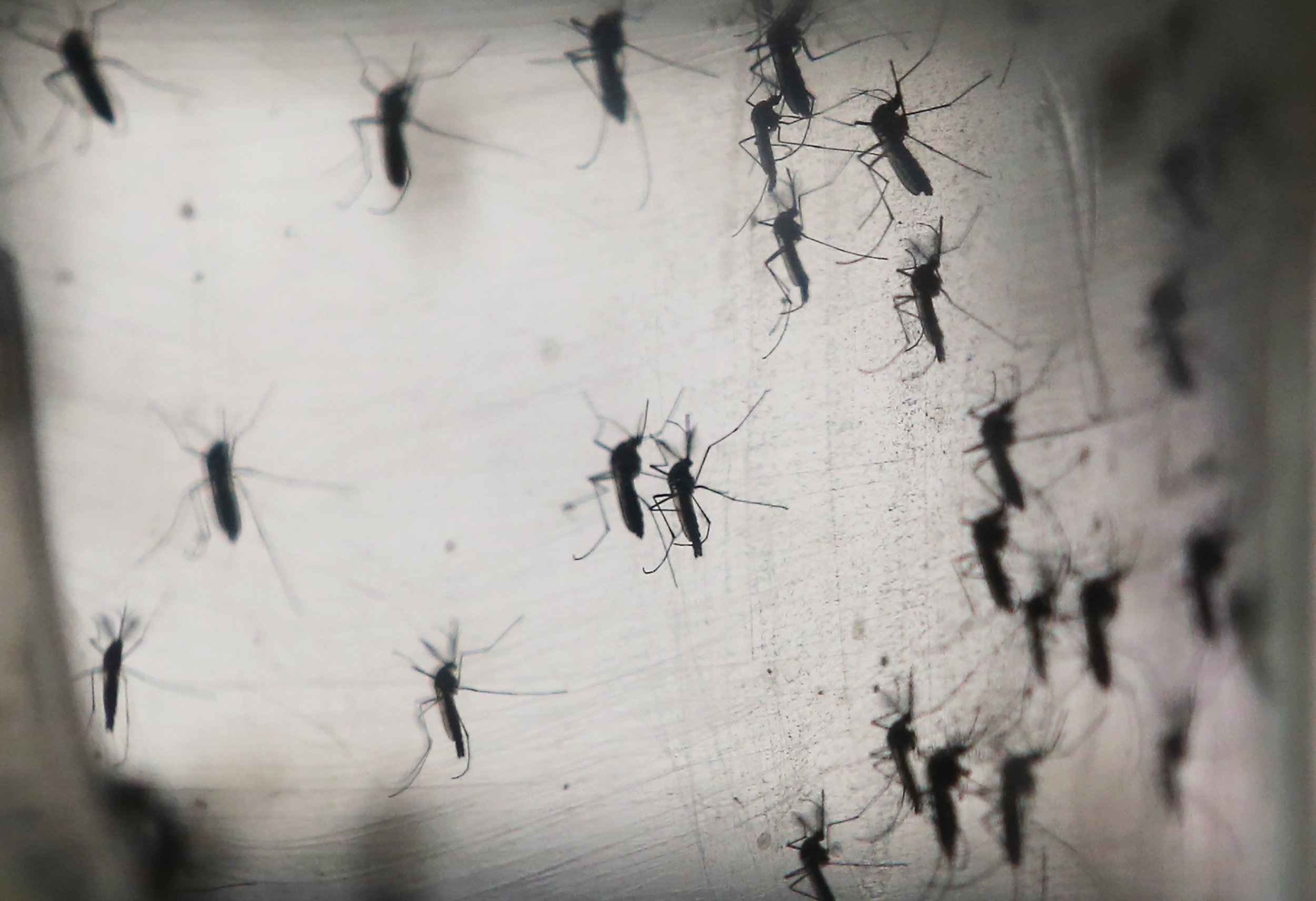
A Spanish hospital has reported registering a baby born with microcephaly linked to the Zika virus, in what is believed to be the first such case in Europe.
The child was born Monday at Vall d'Hebron University Hospital in Barcelona to a mother who contracted the virus during a trip to Latin America, according to the hospital. Spain's Ministry of Health said that the case was thought to be the first child born with Zika-related microcephaly in Europe, CNN reported.
Zika is transmitted by the Aedes aegypti mosquito and has spread to 65 territories and countries, particularly across Latin America. The possible link between the virus and microcephaly—a condition where babies are born with underdeveloped brains and, consequently, abnormally small heads—was declared a public health emergency of international concern by the World Health Organization (WHO) in February, meaning that it poses a global threat requiring a coordinated response. Evidence has been mounting that the virus actually causes birth defects, with the U.S. Centers for Disease Control and Prevention announcing in April that it believed that Zika directly causes microcephaly and other birth defects.
Spain has recorded 190 known Zika cases to date, with 189 contracted abroad and one sexually transmitted, according to the country's health ministry. Spanish Secretary of Public Health Joan Guiz said that five other women with the virus have given birth to apparently healthy babies "in recent months," showing that not every mother infected with the virus gives birth to children with developmental defects.
There is currently no vaccination or treatment available for the virus, although the disease is rarely fatal in adults. The only way to avoid contracting Zika is to dodge being bitten by infected mosquitoes or skip traveling to areas of active transmission. The virus has thrown the participation of many athletes in the Rio 2016 Olympics into doubt, with several high-profile golfers—including Jason Day and Rory McIlroy—pulling out of the Games due to concerns about Zika.
Uncommon Knowledge
Newsweek is committed to challenging conventional wisdom and finding connections in the search for common ground.
Newsweek is committed to challenging conventional wisdom and finding connections in the search for common ground.
About the writer
Conor is a staff writer for Newsweek covering Africa, with a focus on Nigeria, security and conflict.





